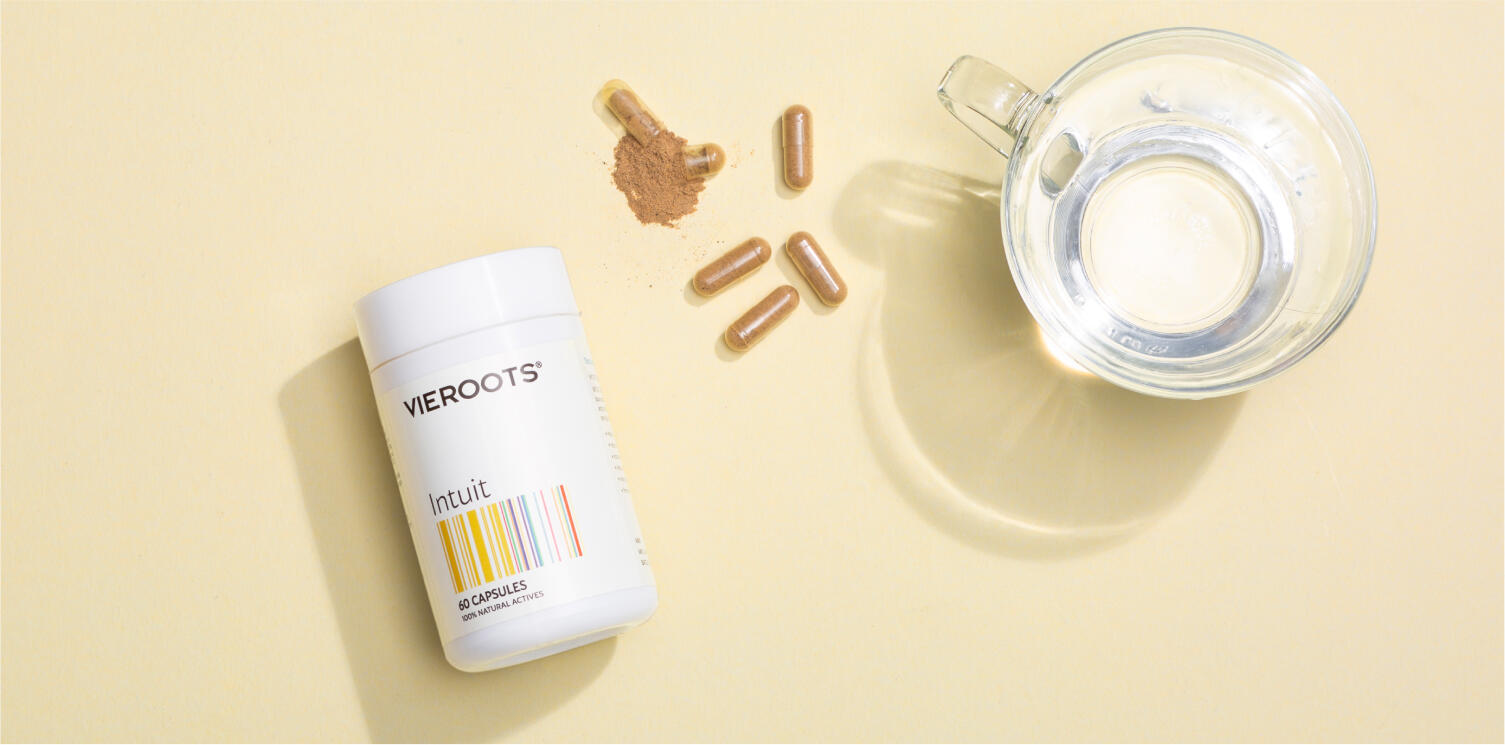Latest Posts
Depression Is Connected With Your Gut!

Depression causes feelings of sadness and/or a loss of interest in activities you once enjoyed. It can lead to a variety of emotional and physical problems and can decrease your ability to function at work and at home.” - American Psychiatric Association (APA)
Depression
Depression is a common term an individual confronts at least once in his or her lifetime. However, a proper understanding of the concept is variable. A major reason is that people are vulnerable to depression in many ways. Two people suffering from depression are never the same but experience it differently, and gender difference comes with it.
Depression is not well-known or easily identified for its varied symptoms, despite the most commonly known mental disorder. A few outcomes of depression may seem like:- No pleasure in life
- Low concentration
- Hopelessness
- Low self-esteem and worthlessness
- Sleeping and eating disorders
- Feeling tired round the clock
- Self withdrawal and hallucinations
- Pains and aches
Many factors exist contributing to the development of depression, which includes biochemical or psychological issues. It is essential to distinguish them from each other and requires proper diagnosis and treatment.

The Gut Microbiota
Humans have an array of microorganisms that includes; bacteria, fungi, some protozoans, and nonliving viruses that live on and in them. The gut is the location of microbiomes and is known as gut microbiomes. They are responsible for multiple functions in bowel movement, digestion of food, and absorption of nutrients apart from their benefits on mental health. And is a study of relevance in recent years.
Now the question is, how depression, is related to gut microbiomes?
Depression And The Gut Microbiome
Gut microbiomes have a vital role in the human body. Many research studies show that changes in microbiome composition trigger depression. For example, if there is an overgrowth of any unwanted or harmful bacteria inside our gut, can lead to adverse effects on the healthy microbiomes. This can lead to changes in the immune system which in turn can create chronic inflammation in our body. This inflammation can affect our nervous system, brain, various hormones, etc. This in turn with a favorable environment like stress, can end up in symptoms of depression. However, when the microbiome is more diverse and healthy, it produces substances that increase mood-lifting chemicals in humans.
Hence brain and gut are two-way and affect each other’s function impacting stress, anxiety, depression, and brain functioning, yet the causality still needs to be determined. It turns out very mandatory that the body must keep a stable microbiome community for gut health to have control in curbing depression.

Prebiotics And Probiotics To Nourish
Both probiotics and prebiotics sound similar yet are unlike and have positive effects on depression, anxiety, and stress. Probiotics are beneficial bacteria, like Lactobacillus or Lactococcus; prebiotics is food for these bacteria. Probiotics are in supplements and fermented foods, like yogurt and buttermilk. It helps human health by balancing gut health and preventing its imbalance. The health benefits of probiotics, are necessary to be kept nourished, energized, and sustained. Prebiotics are plant-based food to maintain gut health by maintaining beneficial gut bacteria. The prebiotic food list includes; garlic, mushrooms, onions, berries, barley, etc. The side effects are rare but consult a doctor to make sure what is appropriate to use.
It’s said a healthy gut is a secret behind a healthy mind, as the gut is the second brain, so a fusion of prebiotics and probiotics, a vegan formulation. Vieroots INTUIT could be a must-try!
Spread the Word




Title
Healthy
Nutrition
Discover Our Top Products Here
Explore our range of high-quality nutraceuticals for optimal health and well-being.
Depression Is Connected With Your Gut!

Latest Posts


